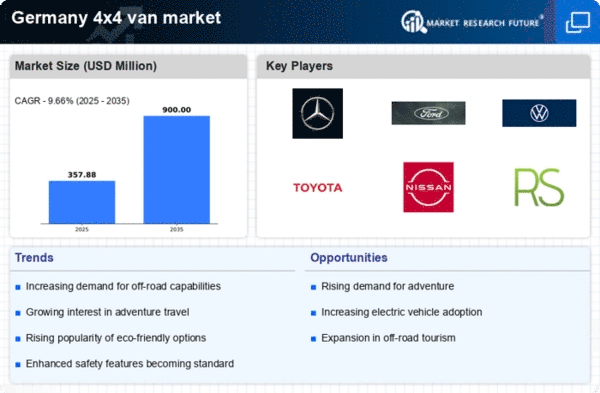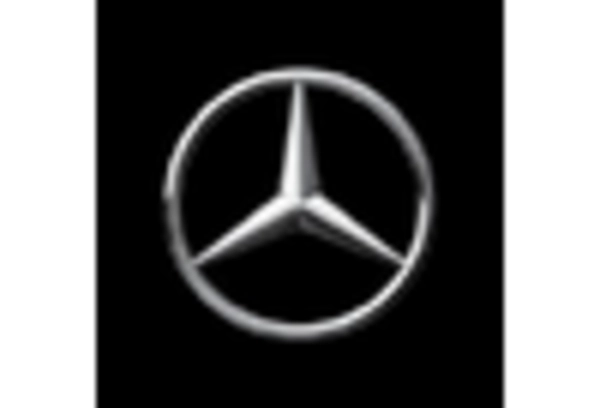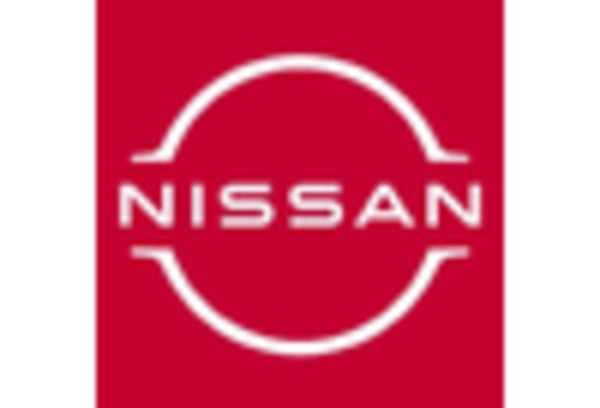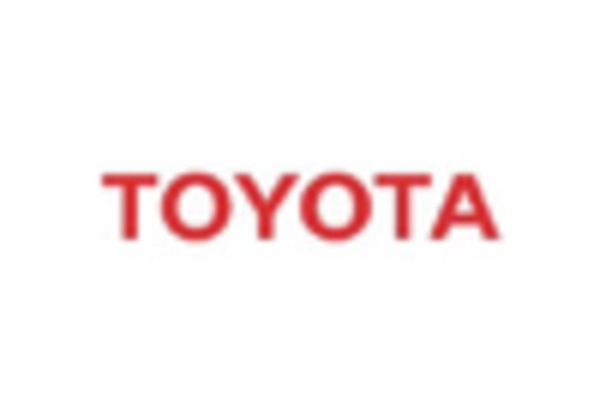Enhanced Safety Features
Safety remains a paramount concern for consumers in Germany, particularly for families and commercial users. The 4x4 van market is responding to this demand by integrating advanced safety technologies into their vehicles. Features such as adaptive cruise control, lane-keeping assist, and collision avoidance systems are becoming standard in many models. According to recent data, vehicles equipped with these safety enhancements have seen a 20% increase in consumer interest. This focus on safety not only appeals to individual buyers but also to businesses that prioritize the well-being of their employees during travel, thereby potentially expanding the market for 4x4 vans.
Urbanization and Versatility
As urban areas in Germany continue to expand, the need for versatile vehicles that can navigate both city streets and rural landscapes is becoming increasingly apparent. The 4x4 van market is well-positioned to cater to this dual demand. Many consumers are looking for vehicles that offer the practicality of a van combined with the capability of a 4x4. This versatility is reflected in the growing sales of compact 4x4 vans, which have seen a rise of approximately 10% in urban regions. The ability to transport goods or families while maintaining off-road capabilities is likely to enhance the appeal of these vehicles in both urban and rural settings.
Evolving Consumer Preferences
Consumer preferences in Germany are shifting towards more personalized and customizable vehicles. The 4x4 van market is adapting to this trend by offering a range of customization options, from interior layouts to exterior finishes. This evolution in consumer behavior suggests that buyers are increasingly seeking vehicles that reflect their individual lifestyles and needs. Recent surveys indicate that nearly 30% of potential buyers express a desire for customizable features in their next vehicle purchase. As manufacturers respond to this demand, the 4x4 van market may see an influx of innovative designs and configurations that cater to diverse consumer tastes.
Economic Factors and Financing Options
Economic conditions in Germany, including interest rates and consumer confidence, play a crucial role in the 4x4 van market. With favorable financing options becoming more accessible, potential buyers are more inclined to invest in larger vehicles. The 4x4 van market is likely to benefit from this trend, as lower interest rates can lead to increased sales. Data indicates that vehicle financing has become more attractive, with a reported 12% increase in financing applications for 4x4 vans over the past year. This financial accessibility may encourage more consumers to consider 4x4 vans as viable options for both personal and commercial use.
Rising Demand for Off-Road Capabilities
The increasing interest in outdoor activities and adventure travel in Germany appears to be driving the demand for vehicles with off-road capabilities. The 4x4 van market is experiencing a notable surge as consumers seek vehicles that can handle rugged terrains while providing comfort and utility. This trend is reflected in the sales data, which indicates that the segment has grown by approximately 15% over the past year. As more individuals and families opt for weekend getaways and off-road excursions, the 4x4 van market is likely to benefit from this shift in consumer preferences, leading to a broader range of models and features tailored to adventurous lifestyles.
















